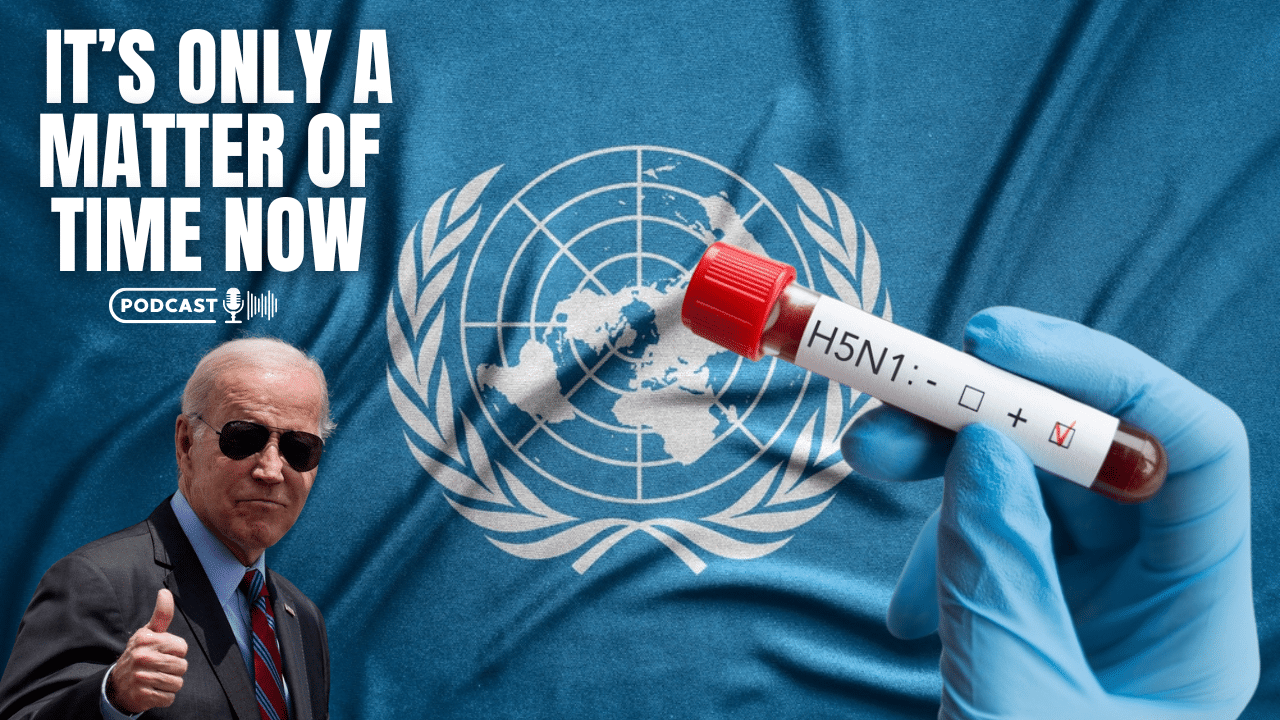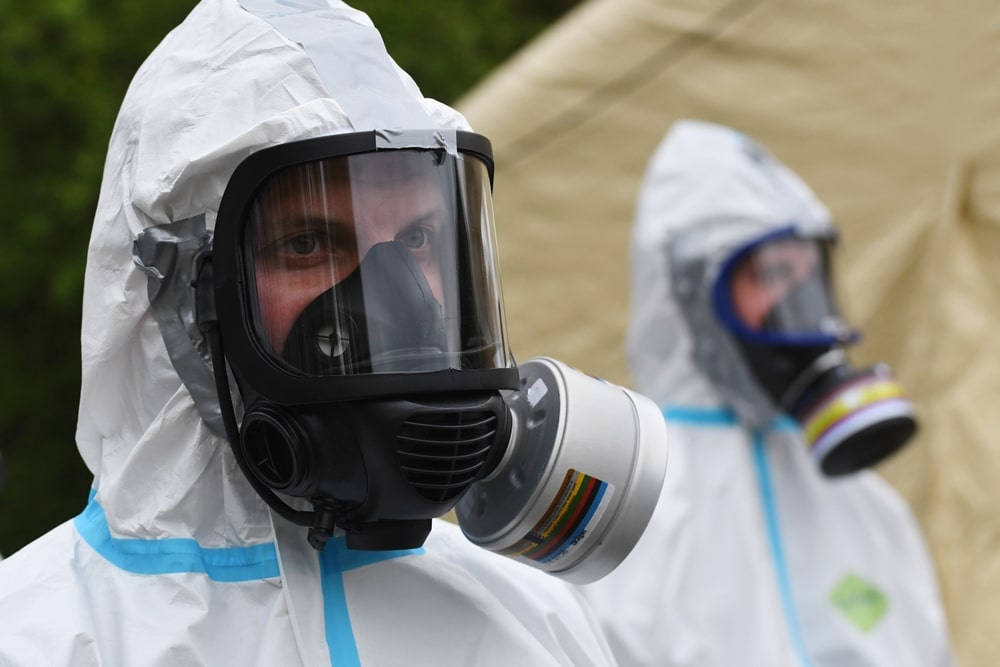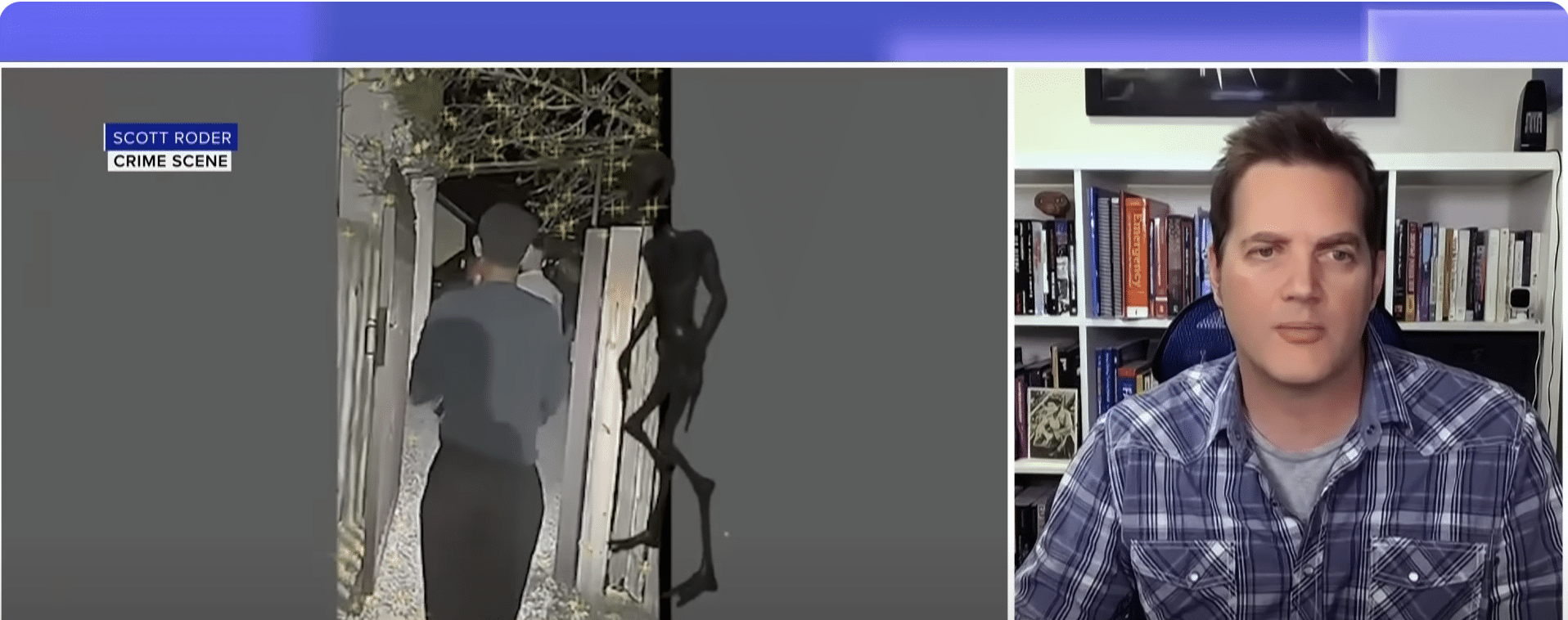Senate Majority Leader Chuck Schumer (D-N.Y.), along with a bipartisan group of five other senators, introduced extraordinary legislation on July 13, suggesting that the U.S. government or private contractors may secretly possess recovered UFOs and “biological evidence of living or deceased non-human intelligence.”
According to the legislation, “non-human intelligence” is defined as “any sentient intelligent non-human lifeform, regardless of nature or ultimate origin which may be presumed responsible for” UFOs.
Given the decades-long stigma associated with the UFO topic, such stunning language is not included in bipartisan congressional legislation on a mere whim, let alone proposed by the Senate’s top lawmaker.
According to a statement accompanying the legislation, the 2017 disclosure of a previously unknown government UFO analysis program spurred a broad congressional investigation of unidentified anomalous phenomena (UAP), the government’s new terminology for UFOs.
The ongoing investigation “uncovered a vast web of individuals and groups” claiming knowledge of secret UAP-related programs and information.
According to Schumer, “the sheer number and variety” of UFO-related claims “led some in Congress to believe that the [U.S. government] was concealing important information regarding UAPs over broad periods of time.”
Moreover, as noted in the legislation, “credible evidence and testimony indicates that Federal Government [UFO] records exist that have not been declassified” as required by law.
To that end, Schumer’s legislation establishes an independent nine-member agency to collect, review and declassify UAP records. If passed in its current form, the law would mandate that all government UFO documents “carry a presumption of immediate [public] disclosure.”
The proposed legislation follows explosive allegations by a former intelligence official, David Grusch, that secret UFO retrieval and reverse-engineering programs were illegally hidden from Congress.
Importantly, the powerful investigative body that oversees the nation’s intelligence agencies found Grusch’s allegations to be “credible and urgent.” Moreover, the intelligence community’s first inspector general — appointed by President Obama, confirmed by the Senate and now a high-profile attorney in private practice — represented Grusch as he proceeded through the formal whistleblower process.
In an interview with NewsNation, Sen. Marco Rubio (R-Fla.), vice chairman of the Senate Select Committee on Intelligence, corroborated the broad contours of both Grusch’s allegations and Schumer’s bipartisan legislation.
According to Rubio, only one of two remarkable outcomes will ultimately explain recent developments, “Either what [Grusch] is saying is partially true or entirely true, or we have some really smart, educated people with high clearances and very important positions in our government who are crazy and are leading us on a goose chase.”
“Most of these people,” Rubio continued, “have held very high clearances and high positions within our government. So, you ask yourself: ‘What incentive would so many people with that kind of qualification — these are serious people — have to come forward and make something up?’”

















